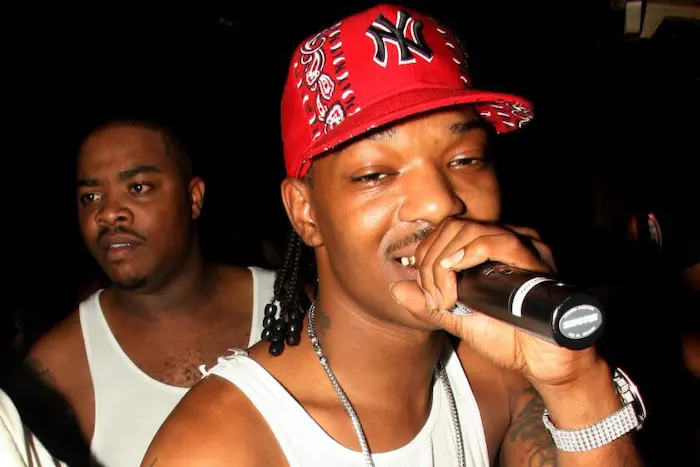A U.S. federal judge has denied prosecutors’ request to prevent the artist known as BG from promoting or glorifying future gun violence and murder in his music and at concerts while on supervised release. The judge ruled that such a restriction could infringe on his constitutional right to free speech.
However, BG, whose legal name is Christopher Dorsey, must provide the government with copies of any new songs he writes before they are produced or promoted. If these songs are deemed inconsistent with his rehabilitation goals, prosecutors may seek to impose stricter terms on his supervised release.
The ruling, issued by U.S. District Court Judge Susie Morgan on Friday, addresses the ongoing debate about the balance between a musician’s right to free expression and the government’s responsibility to enforce the conditions of supervised release. This case has sparked discussions on the constitutional rights of American musicians and their need to support themselves financially while adhering to legal constraints.
Prominent figures in the music industry, including Megan Thee Stallion, Jay-Z, Coldplay, and Christina Aguilera, have criticized the practice of using rap lyrics as evidence in U.S. criminal courts. They argue that it disproportionately targets Black artists. Despite this criticism, prosecutors continue to use this tactic, as demonstrated in BG’s case.

